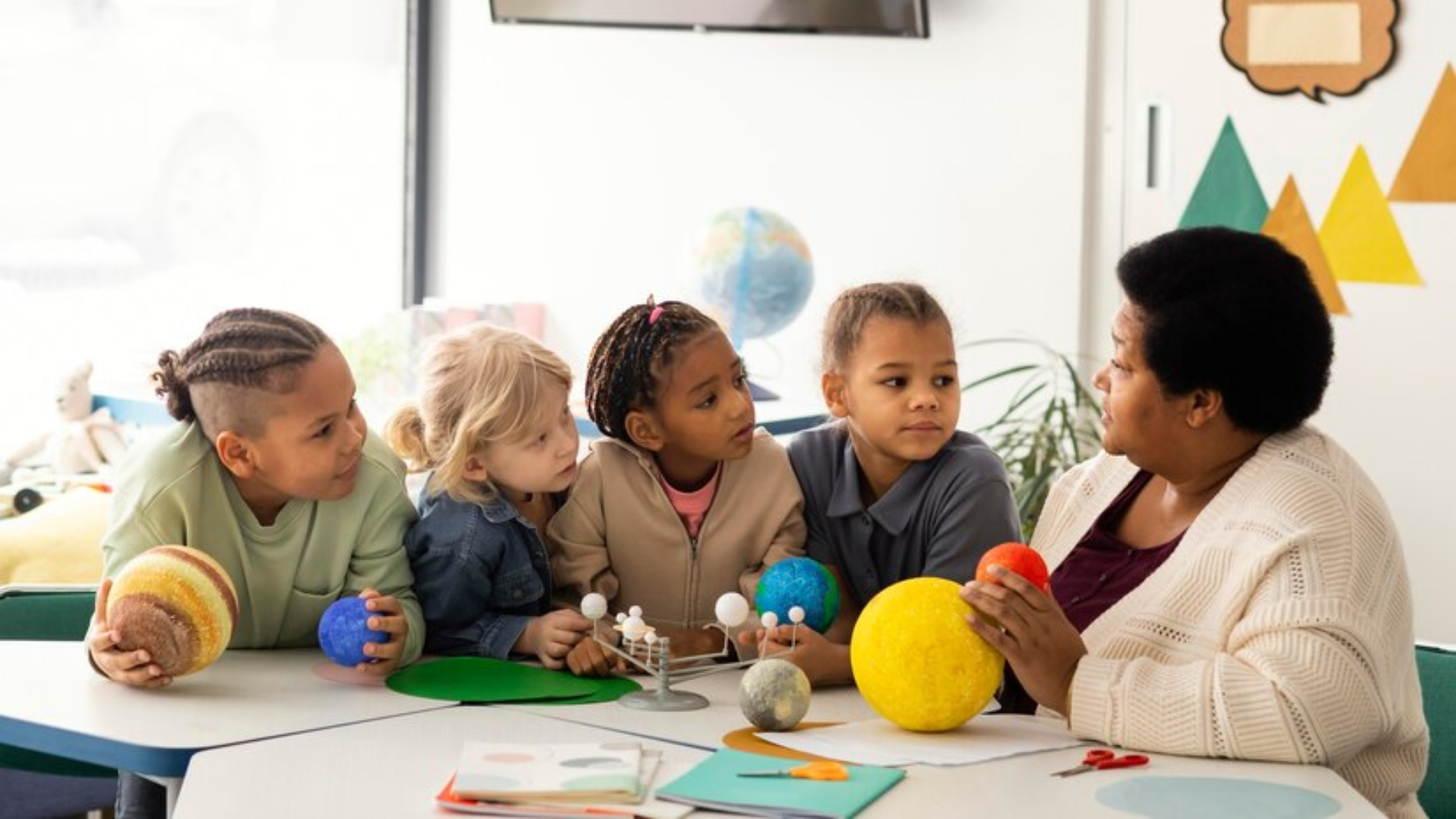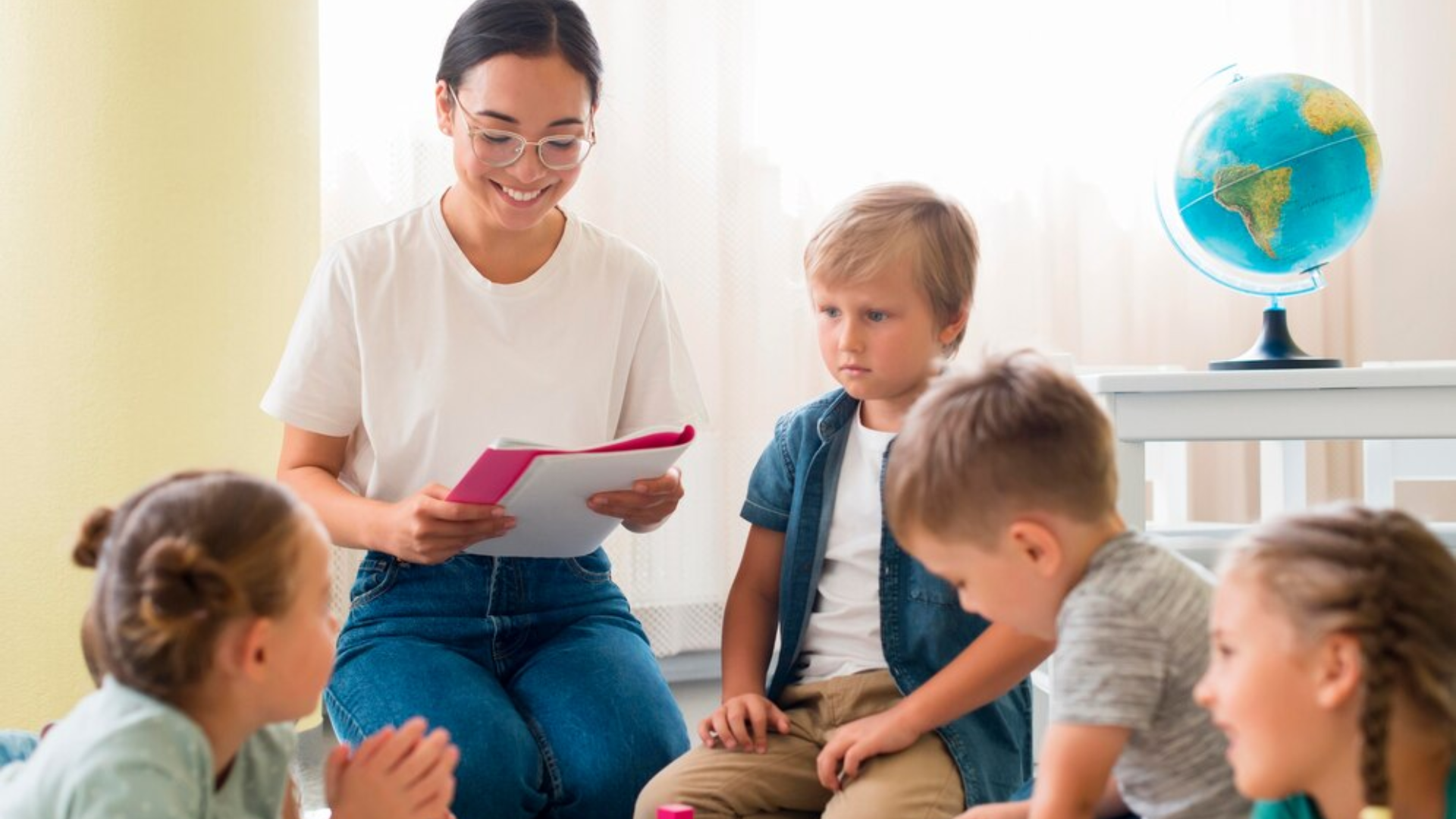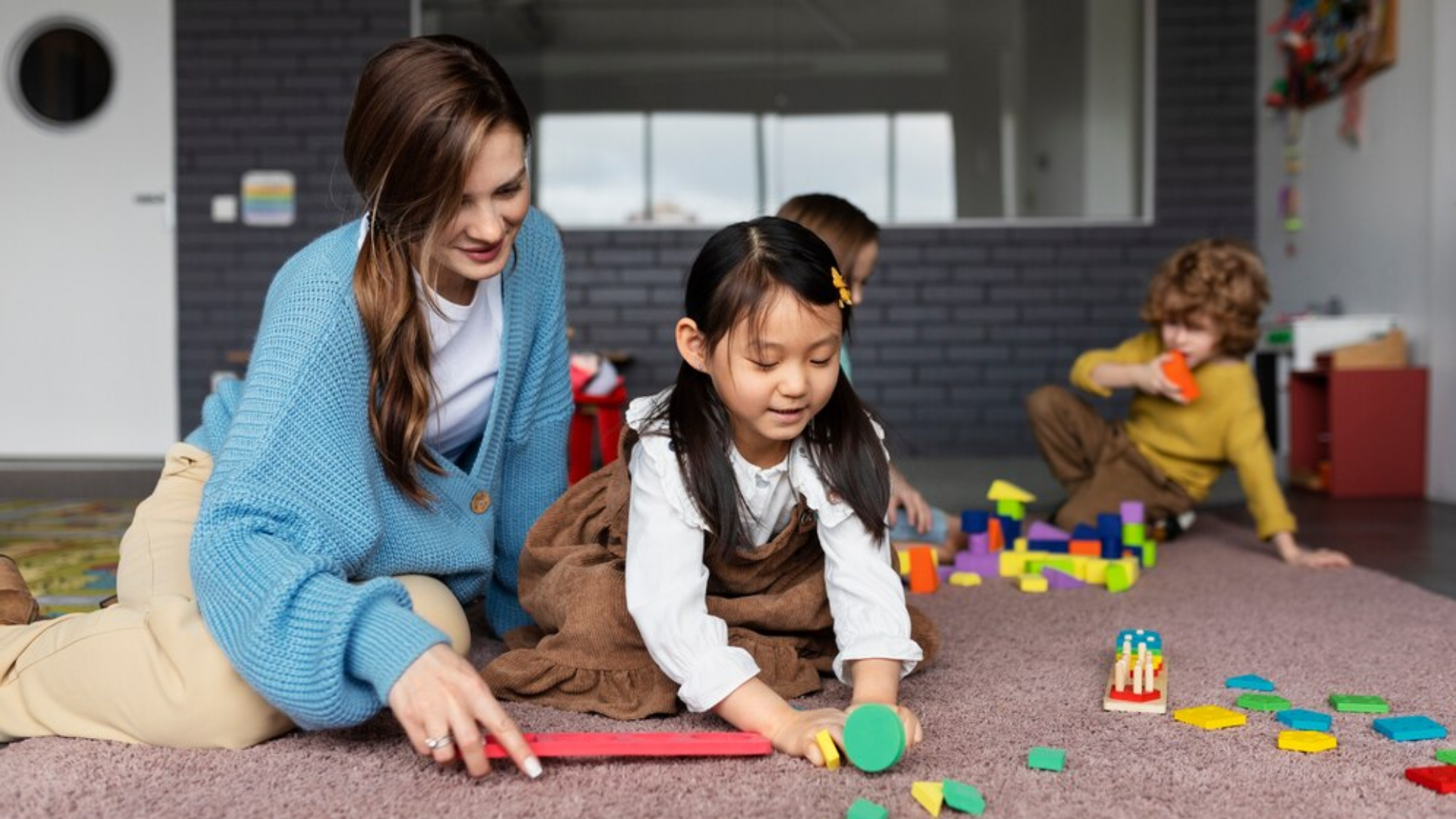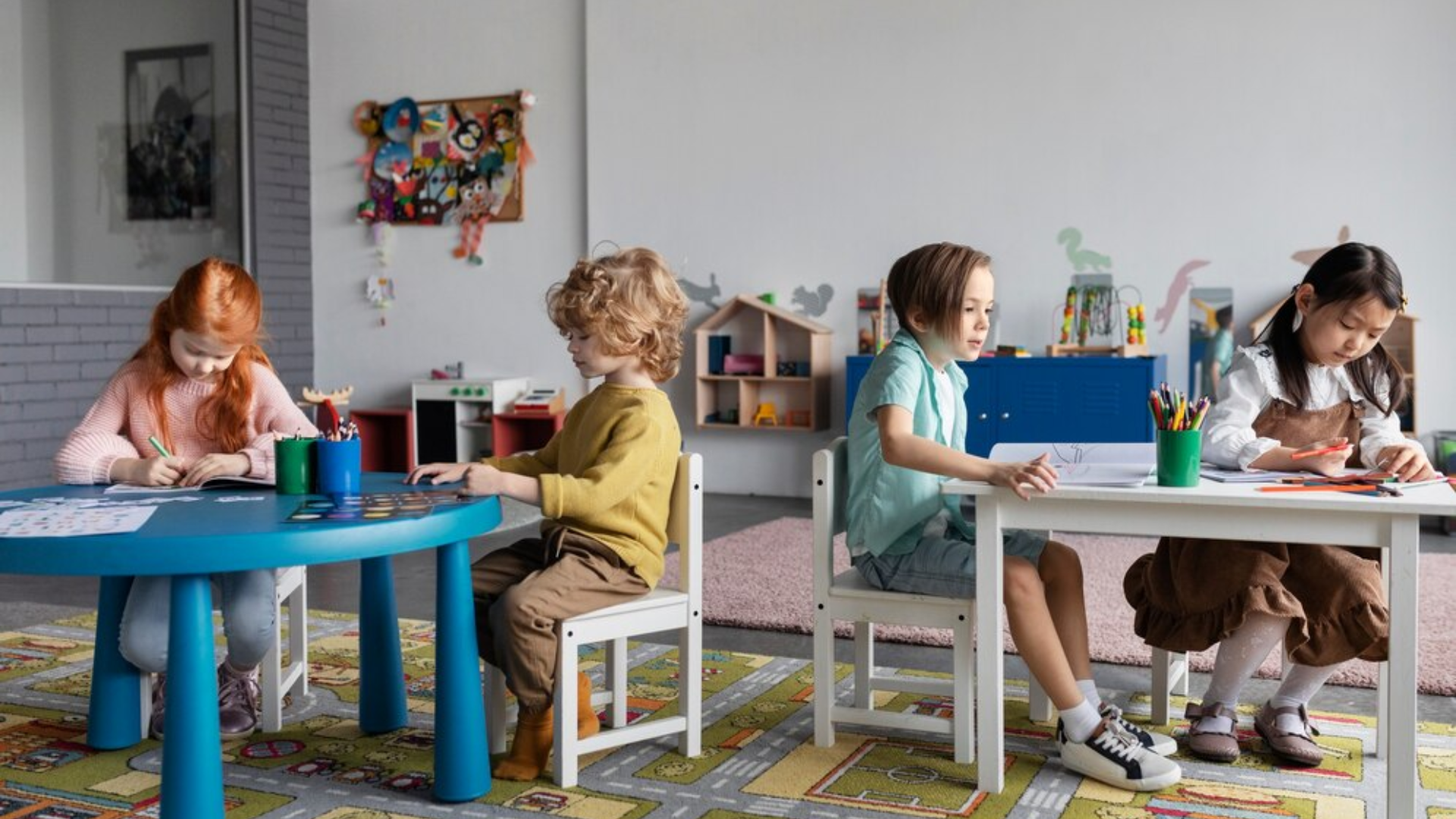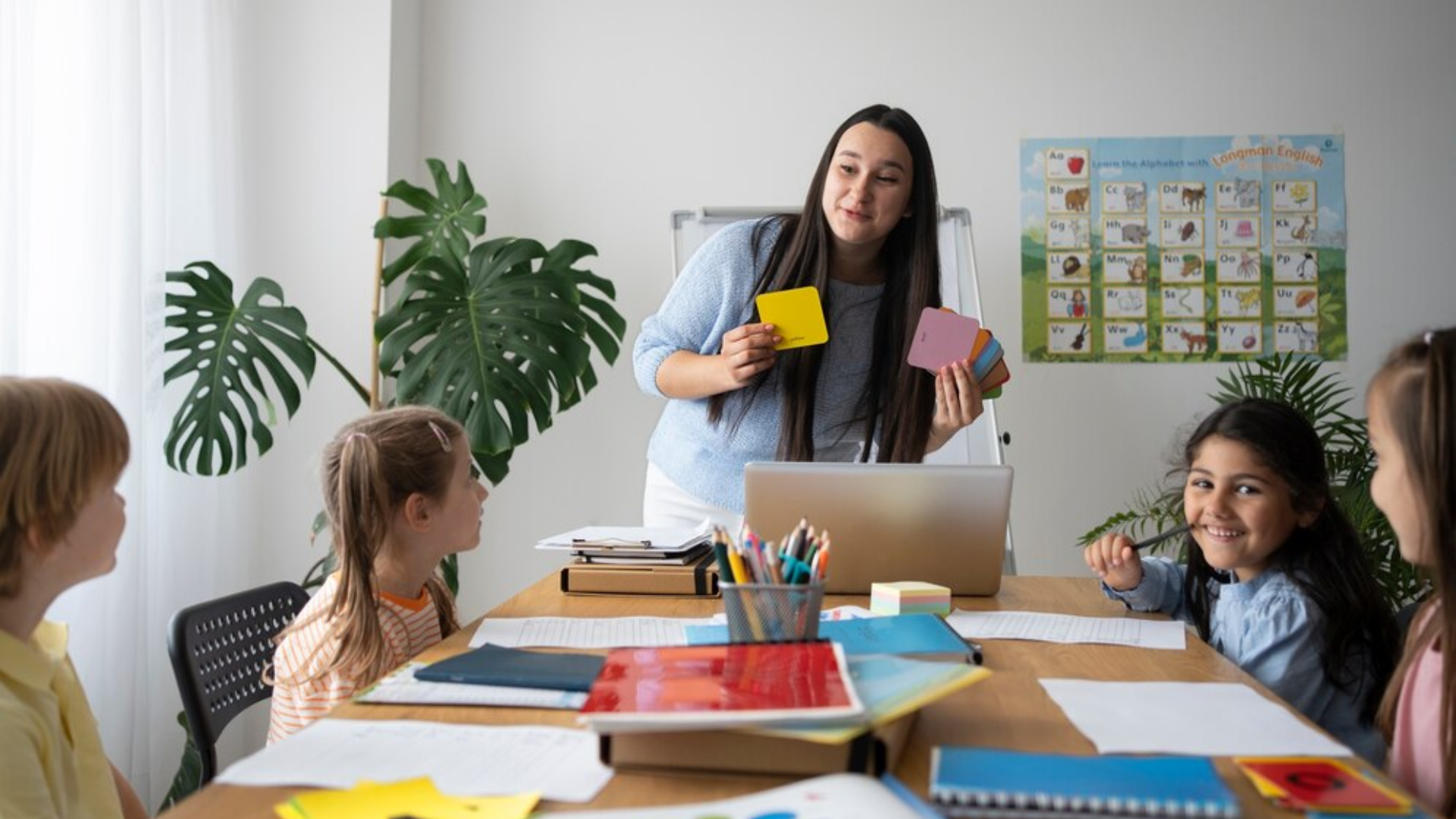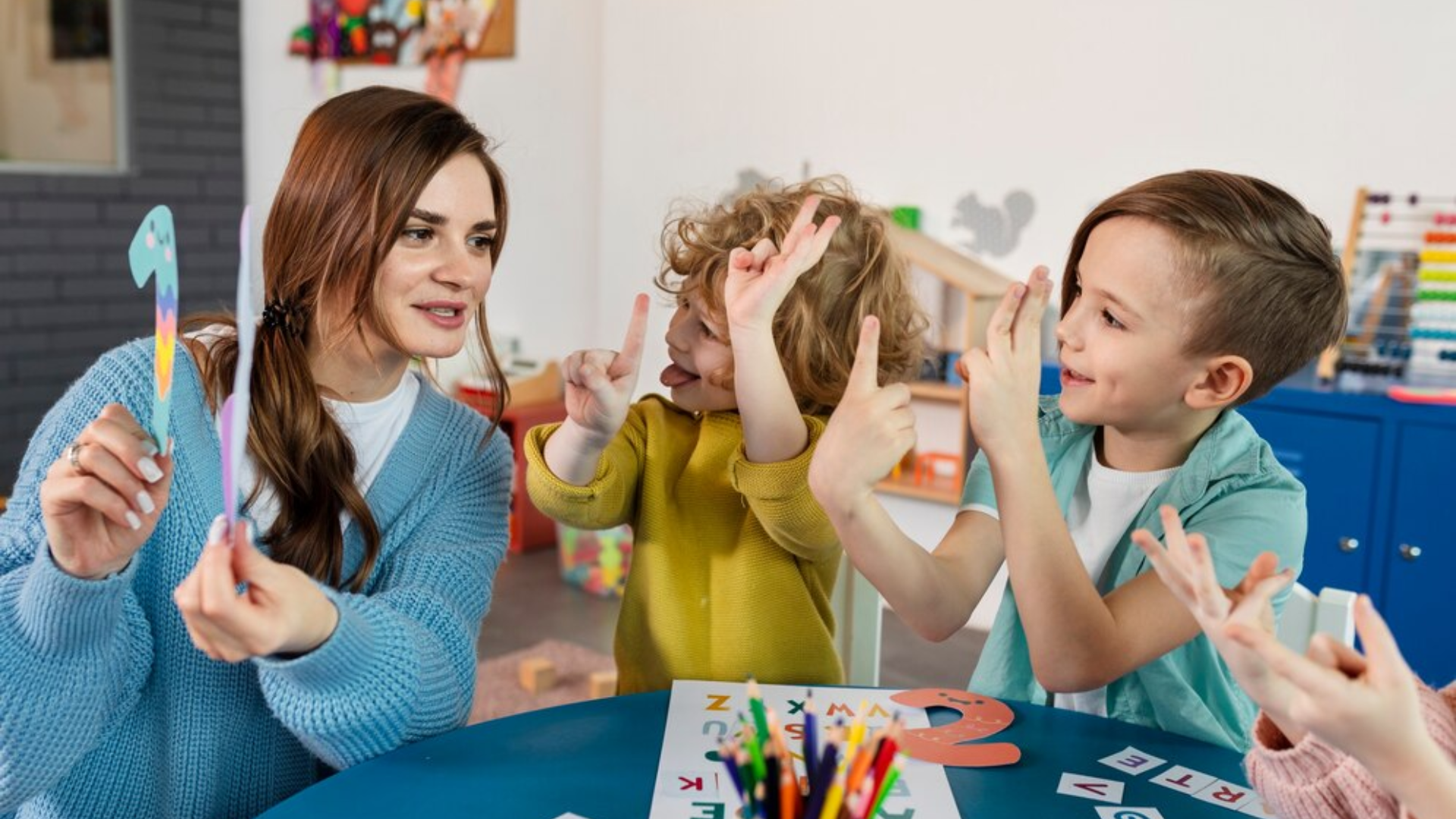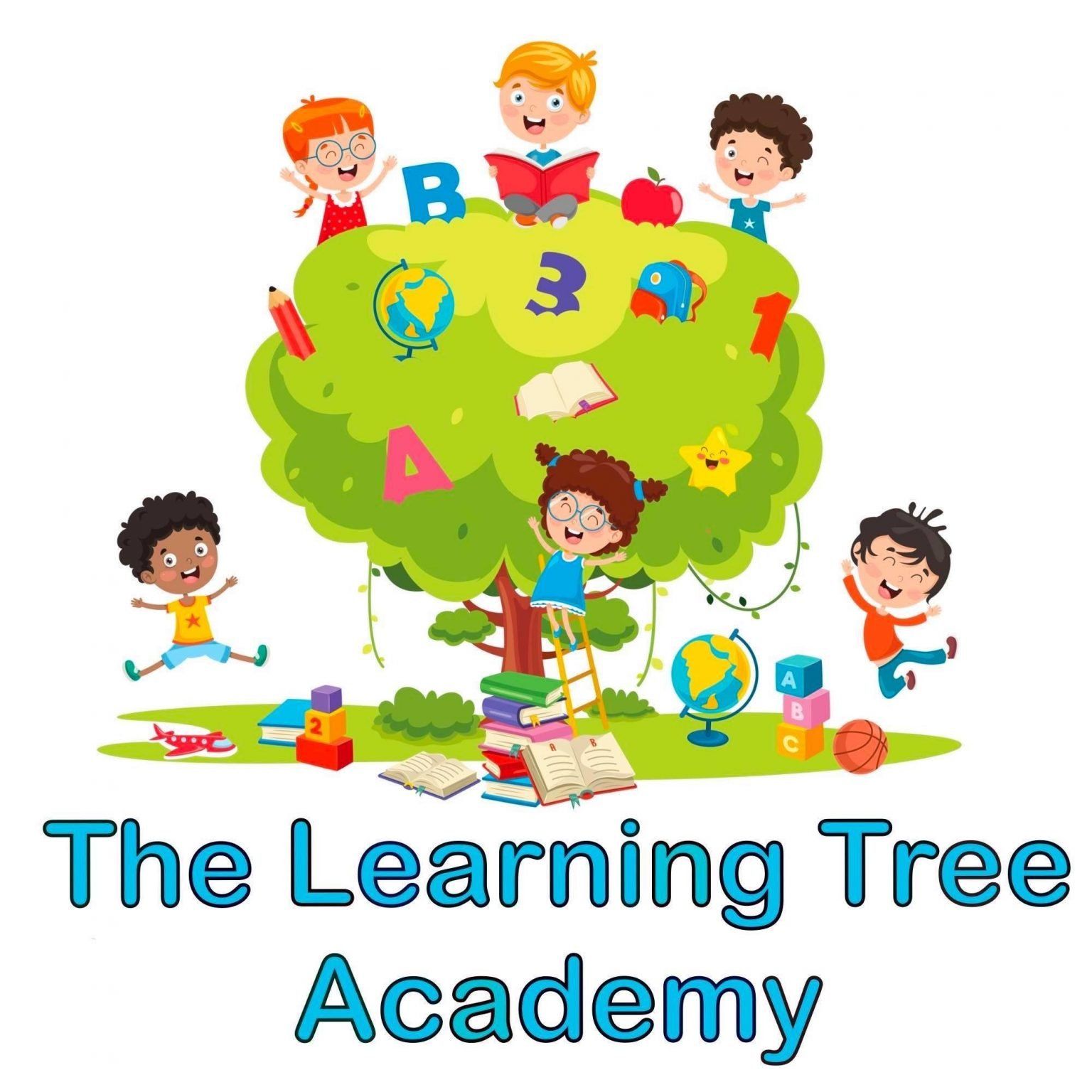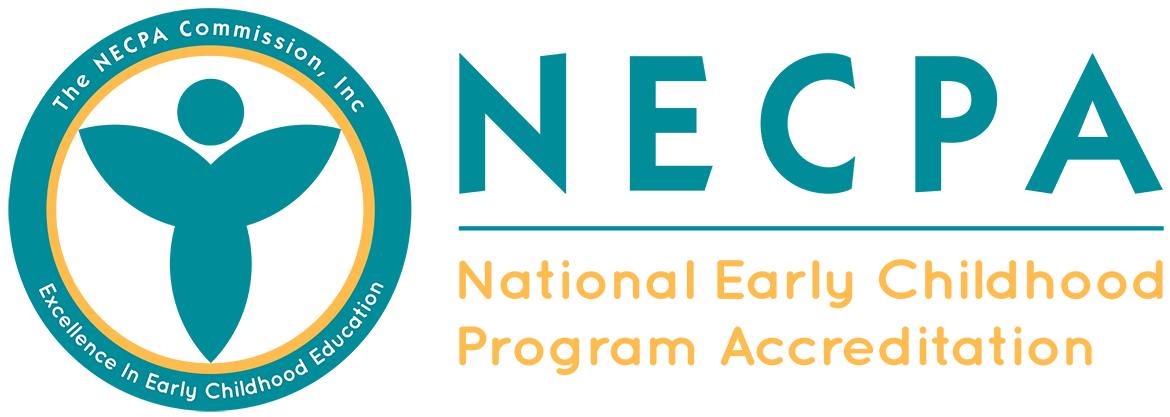May 27, 2025
At The Learning Tree of Palm Bay , we understand that early childhood is a critical period for children to develop foundational skills that will serve them for the rest of their lives. While academic learning is important, we also believe that it is equally essential for children to acquire key life skills that will help them succeed both in school and in life. Our enrichment programs are specifically designed to foster these skills, ensuring that children not only excel academically but also grow into well-rounded, confident, and empathetic individuals. In this blog post, we will explore the various enrichment programs we offer at The Learning Tree and how they help children develop the essential life skills that will benefit them for years to come. 1. Social Skills Development through Group Activities One of the cornerstones of our enrichment programs is fostering strong social skills. Learning how to interact with peers and form positive relationships is crucial in a child’s early years. Our structured group activities, both inside and outside the classroom, are designed to encourage teamwork, cooperation, and effective communication. Why Social Skills Matter Social skills are vital for building friendships, working as part of a team, and resolving conflicts. At The Learning Tree , we provide a safe and supportive environment where children can practice these skills. Through group play, collaborative projects, and peer interactions, children learn to share, take turns, express their feelings, and solve problems together. How Our Programs Help Our enrichment programs, such as group art projects, team-building games, and circle time discussions, allow children to practice these important skills in real-world scenarios. Teachers provide guidance, ensuring that children learn how to express themselves respectfully and understand the perspectives of others. These social interactions help children develop the emotional intelligence needed to navigate complex relationships and situations as they grow. 2. Problem-Solving and Critical Thinking through Creative Activities At The Learning Tree , we believe that problem-solving is a crucial life skill that should be nurtured from an early age. Our enrichment programs are designed to spark creativity and encourage children to think critically about the world around them. These activities engage children in hands-on learning experiences that require them to solve problems, make decisions, and think outside the box. Why Problem-Solving and Critical Thinking Matter Problem-solving and critical thinking are essential for academic success and personal growth. In today’s fast-paced, ever-changing world, the ability to adapt to new situations, analyze challenges, and come up with creative solutions is a valuable asset. By developing these skills early, children are better prepared to face the challenges of school and life. How Our Programs Help Our enrichment programs, such as puzzles, STEM activities, and creative building projects, encourage children to think critically and solve problems. For example, when building structures with blocks or solving a puzzle, children must plan, experiment, and evaluate their strategies. These activities promote logical thinking and resilience—skills that will help children both in school and in their personal lives. 3. Emotional Regulation and Self-Awareness through Mindfulness Activities In addition to social and cognitive development, we place a strong emphasis on helping children develop emotional regulation and self-awareness. Learning how to manage emotions, cope with frustration, and practice self-control are vital skills that lay the foundation for mental health and well-being throughout life. Why Emotional Regulation Matters Emotional regulation is crucial for maintaining healthy relationships, managing stress, and making responsible decisions. Children who develop strong emotional regulation skills are better equipped to handle difficult situations and stay focused in challenging environments. How Our Programs Help We incorporate mindfulness and emotional awareness activities into our enrichment programs to help children become more aware of their feelings and practice self-regulation. Techniques like deep breathing, guided visualization, and simple yoga exercises are introduced to help children calm their minds, focus their attention, and manage their emotions in a healthy way. Teachers also model and encourage positive self-talk, helping children to build a strong sense of self-awareness and confidence. By fostering emotional intelligence through these activities, children develop the tools they need to navigate their emotions and handle life’s challenges with resilience. 4. Fine and Gross Motor Development through Physical Activities Physical activity is essential for a child’s overall health and development, and it plays a crucial role in the development of both fine and gross motor skills. Our enrichment programs include a variety of physical activities designed to help children develop coordination, balance, and strength while also encouraging teamwork and cooperation. Why Physical Development Matters Fine motor skills, such as using a pencil or cutting with scissors, and gross motor skills, such as running, jumping, and throwing, are key to a child’s ability to engage in everyday tasks and participate in group activities. Physical activity also promotes healthy habits and can improve cognitive function by increasing blood flow to the brain. How Our Programs Help Through activities like obstacle courses, dance parties, and cooperative games, children have the opportunity to strengthen their motor skills. In addition to the physical benefits, these activities help children build confidence in their abilities and encourage a positive attitude toward exercise and healthy habits. We also provide fine motor activities, such as arts and crafts, puzzles, and building blocks, to enhance hand-eye coordination and dexterity. These activities help children practice precision and attention to detail, skills that will be useful in their academic and personal lives. 5. Creativity and Self-Expression through Art and Music Creative expression is an important aspect of child development, as it allows children to explore their emotions, develop new ideas, and enhance their imagination. At The Learning Tree , we believe that every child is an artist and encourage them to express themselves through art, music, and other creative outlets. Why Creativity Matters Creativity is more than just making art; it involves critical thinking, problem-solving, and the ability to see things from different perspectives. It also allows children to express their emotions, ideas, and personal experiences in a healthy, constructive way. How Our Programs Help Our enrichment programs include regular art and music sessions where children can explore different materials, techniques, and sounds. Whether painting a picture, building a sculpture, or playing a musical instrument, children are given the freedom to experiment and express their individuality. These creative activities help children develop self-confidence and a sense of accomplishment. They also promote cognitive development by encouraging children to make decisions, use their imagination, and think outside the box. 6. Building Responsibility and Independence through Structured Tasks At The Learning Tree , we believe that it’s never too early to start teaching children about responsibility and independence. Our enrichment programs are designed to provide children with age-appropriate tasks that encourage them to take ownership of their actions and contribute to their community. Why Responsibility and Independence Matter Learning to be responsible and independent are vital life skills that help children develop self-sufficiency and accountability. Children who are encouraged to take responsibility for their actions are more likely to make thoughtful decisions and take pride in their work. How Our Programs Help Through structured tasks such as cleaning up after activities, taking care of classroom materials, and helping their peers, children learn the value of responsibility. We also encourage them to complete tasks independently, such as putting on their own coats or managing their own belongings, which helps them develop a sense of autonomy and self-confidence. 7. Strengthening Family Bonds through Shared Experiences We understand that a child’s development is deeply influenced by their family environment. That’s why we encourage parents to participate in our enrichment programs by joining their children for special events, family nights, and hands-on activities. Why Family Involvement Matters When parents and caregivers are involved in their child’s learning journey, it helps to reinforce the lessons being taught at school and fosters a deeper sense of connection between the child and their family. It also allows parents to better understand their child’s needs and developmental progress. How Our Programs Help We regularly host family-oriented events where parents can engage with their child’s learning experience. Whether it’s an art show, a musical performance, or a nature walk, these events provide opportunities for families to bond while supporting their child’s growth. Parents often share how these activities have brought them closer to their child, and how they appreciate the chance to see firsthand the skills their child is developing. At The Learning Tree, we prioritize creating a safe and supportive learning environment that fosters early brain development through research-based methods, ensuring that children are not only emotionally secure but also engaged in activities that promote cognitive growth, as explained in the science behind early brain development . This approach sets the foundation for lifelong learning and success. Conclusion: Empowering Children with Essential Life Skills At The Learning Tree of Palm Bay , our enrichment programs go beyond just academic learning—they are designed to empower children with essential life skills that will help them thrive in all aspects of their lives. From developing strong social skills and emotional intelligence to fostering creativity, problem-solving, and physical development, our programs provide children with a well-rounded foundation for future success. We understand that each child is unique, and our enrichment programs are tailored to meet the needs of every learner, ensuring that they have the opportunity to grow in a safe, supportive, and enriching environment. By focusing on the development of essential life skills, we are preparing children for a future filled with confidence, creativity, and success.

